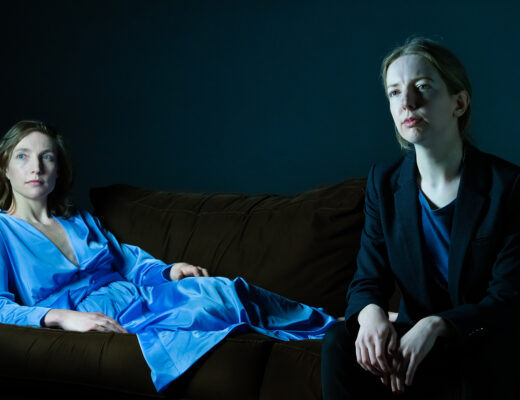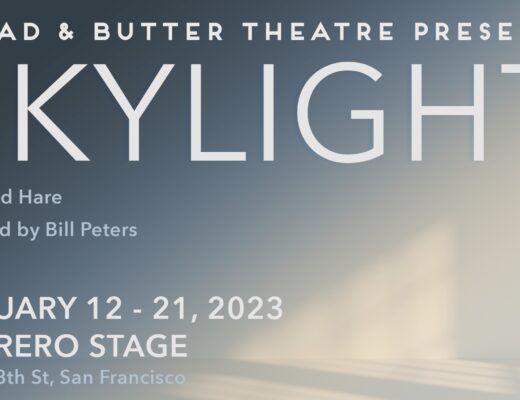Virtue is no horn-maker; and my Rosalind is virtuous.
– Orlando, As You Like It
There is more talk of horns in As You Like It than in any other Shakespeare play. There’s a good reason for that: it’s a pastoral play, from the Latin “pastor,” meaning “shepherd.”
Pastoral writing extends back into the classical period, to Theocritus and his Idylls, bucolic poems set in the country where shepherds meet to discuss the corruption of city life. In As You Like It, that role is filled by Corin, who compares the courtly life advocated by Touchstone with the spare but pure life he claims to live in the forest.
The pastoral form was popular in Shakespeare’s time. London life was changing rapidly, the city was growing and politics mixing with religion in dangerous ways. The notion of leaving that corruption behind and escaping to a simple life was attractive, as evidenced by the popularity of Edmund Spenser’s Shepherd’s Calendar and Christopher Marlowe’s famous poem “The Passionate Shepherd to His Love”:
Come live with me and be my love,
And we will all the pleasures prove,
That Valleys, groves, hills, and fields,
Woods, or steepy mountain yields.
And we will sit upon the Rocks,
Seeing the Shepherds feed their flocks,
By shallow Rivers to whose falls
Melodious birds sing Madrigals.
(As a side note, Touchstone’s statement to Audrey that “it strikes a man more dead than a great reckoning in a little room” parodies Marlowe’s “infinite riches in a little room” from Tamburlaine, while also noting that Marlowe was murdered in a tavern brawl over the reckoning of the tab.)
I digress: we have shepherds, and therefore sheep and goats, and therefore horns. But, as Celia says, “there’s more in it.” In this case the “it” is sex and chastity. Touchstone, after he proposes to Audrey, says
A man may, if he were of a fearful heart,
stagger in this attempt: for here we have no temple
but the wood, no assembly but horn-beasts. But what
though? Courage! As horns are odious, they are
necessary. It is said, ‘many a man knows no end of
his goods:’ right; many a man has good horns, and
knows no end of them. Well, that is the dowry of
his wife; ’tis none of his own getting. Horns?
Even so.
The fear that a man’s wife would betray him and become pregnant with another man’s child is a constant theme in early modern literature. The word “cuckold” is derived from the French, and refers to one who has been suborned by the cuckoo bird, some species of which lay their eggs in other bird’s nests and leave them to be brought up and fed by others.
Just how horns get to be associated with cuckoo birds is complex, but, appropriate for this play, it involves deer. In medieval times numerous writers noted that stags fought with their horns to achieve dominance, and once the alpha stag had proven himself, he drove off his competitor and mated with the competitor’s erstwhile companion. Hence, the image of running away with one’s horns drooping low came to symbolize the male whose wife was mating with another man. This too is subject to Touchstone’s commentary, when he says of horns: “the noblest deer hath them as huge as the rascal. Is the single man therefore blessed? No.”
Given the choice, that is, between having sex in a marriage that may lead to cuckoldry and a single life without sex, Touchstone opts for marriage. Of course one hopes for harmony and happiness for him, Audrey, and all the lovers. But this play is too honest to imply that those things are easy, or even probable.
It’s characteristic of Shakespeare that in a play potentially formulaic—all comedies in his era ended with marriages—he explores the shadows cast by the light of love and romance. All the lovers in As You Like It enter their relationships with hope and delight. But, Shakespeare reminds us, life is long, and as the melancholy Jaques says, it ends in “second childishness and mere oblivion, sans teeth, sans eyes, sans taste, sans everything.”
That makes it all the more important to celebrate the love and kinship this play highlights at the end, and to “begin these rites/ as we do trust they’ll end : in true delights.”




